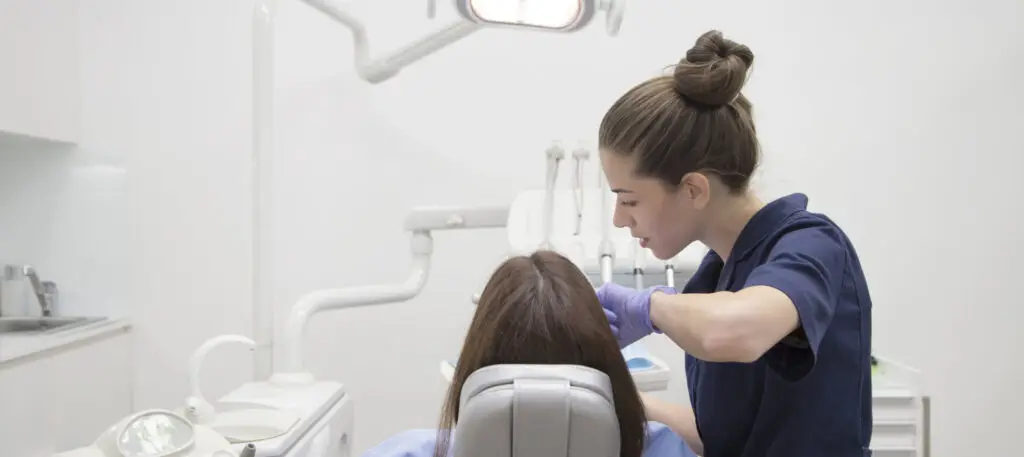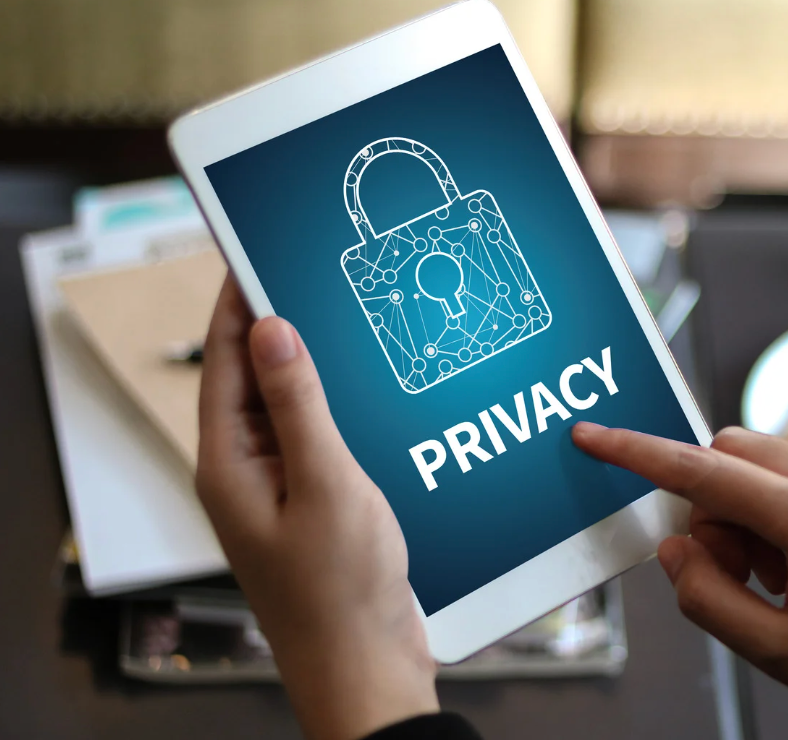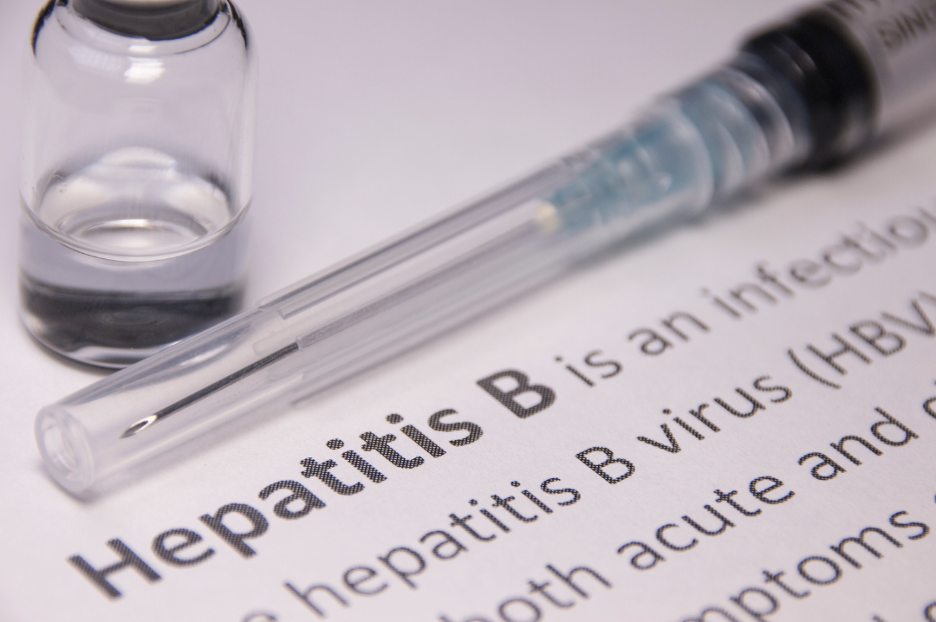Is EMR mandatory for dental practices?
Many have posed the question, is the transition to Electronic Medical Records federally mandatory for dental practices, and if not, when will it be? According to the American Dental Association, for the majority of dental practices, there is currently no deadline to switch to EMRs. However this year, Medicare eligible dentists who have not successfully switched over to electronic records and demonstrated meaningful use will be subject to a payment adjustment. The payment reduction starts at 1% and increases each year that a Medicare eligible professional does not demonstrate meaningful use, to a maximum of 5%. Dentists are encouraged to check with their State Medicaid Agency for applicable state law requirements.
Minnesota was the first state to add dentists, oral surgeons, and orthodontists to their EHR requirement by 2015. What impact the mandate will have has not yet been determined, as the law did not include fines or any other enforcement. However, as the healthcare industry is steadily moving ahead with EHR adoption, many believe other states will follow Minnesota’s lead.
Why have EMR adoption rates so low within the dental industry?
As of 2014, 83% of office-based physicians and 97% of hospitals have adopted EHRs. While this number may seem encouraging for healthcare, there is a large gap when it comes to the dental industry. Many believe this is because the meaningful use incentive programs aimed at increasing adoption were not very favorable to dentists from the beginning.
Dentists are eligible to qualify for the meaningful use incentive program, but few participated due to how difficult it is to qualify. Data from CMS indicates that as of October 2013, there were 286,771 total registrants for the meaningful use incentive program; dentists accounted for 346 of that total, and 194 dentists had received incentive payments.

Challenges and barriers of EMR adoption for dental providers
The EHR adoption among dentists has mostly been limited to large dental practices; however, the majority of dental providers are small independent practices. There have been many challenges and barriers facing the adoption of EHR for these dental practices including:
- Lack of financial incentive to invest in EHR technology
- Cost to implement EHR’s
- The lack of EHRs with applications appropriate for dentists
- Lack of software for oral health that meets certification criteria
- Lack of training on oral health IT in pre-doctoral and residency programs
Benefits of EMR adoption and implementation
The American Dental Association has been involved in the improvement of EHR’s for the dental industry. While, there are still many barriers and challenges to implementing EMR that continue to exist for dental health providers, there are also a host of benefits to be considered.
- Improved quality and patient safety
- Increased security
- Reduced paperwork and storage issues
- Increased efficiency and productivity
- Reduced operational costs such as transcription services and overtime labor
- E-prescribing and clinical documentation capabilities
- More efficient patient billing process
- Increased accuracy. Fewer errors found within personal health records.
As the US healthcare system continues to transition into the digital age, it is apparent that Electronic Health Records are here to stay. The dental industry is a segment of the overall healthcare system, and providers cannot ignore being a part of that system. Whether the industries transition is eventually mandated through state or federal regulations or it is made due to the promising benefits of improved patient care, many experts believe it is no longer a matter of whether the transition will take place, only when.
References:
American Dental Association, Meaningful Use Faqs and General EHR requirements. Retrieved from http://www.ada.org/en/member-center/member-benefits/practice-resources/dental-informatics/electronic-health-records/ehr-faq-index/medicaid-and-medicare-ehr-incentive-program-faq-not-in-matrix/program-eligibility-not-in-matrix
What Certified Products are Available for Dentistry? (n.d.). Retrieved from http://www.hrsa.gov/healthit/toolbox/oralhealthittoolbox/meaningfuluse
Why Are EHR Adoption Rates so Low for Dentists? | HealthBiz… (n.d.). Retrieved from http://www.healthbizdecoded.com/2013/12/why-are-ehr-adoption-rates-so-low-for-de



